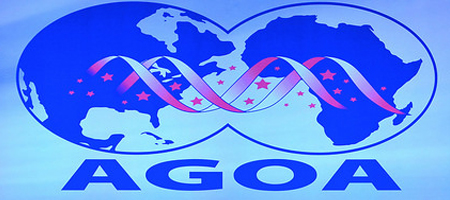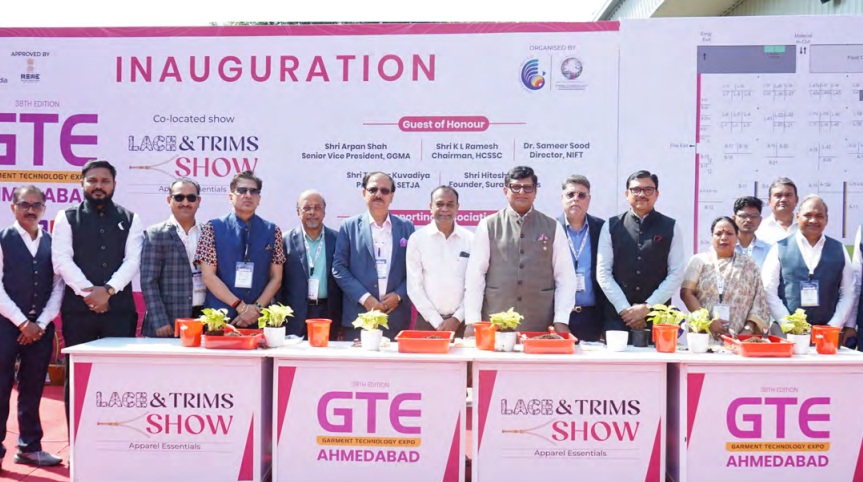"Despite the AGOA duty-free privilege, not all African countries have been able develop themselves into textile and apparel production and export hubs. Kenya, Lesotho and Mauritius are the three prime names that account for most of the apparel exports under the AGOA program. In 2014, Kenya exported $423 million worth of apparel to the US, followed by Lesotho with $289 million, Mauritius $227 million and Swaziland $77 million."

AGOA renewal boosts African trade

AGOA treaty’s renewal was signed by President Barack Obama in June, 2015. Now, the African textile and garment industry is looking at taking advantage of duty-free access to the United States. Cost advantage and higher production efficiency in countries like Ethiopia and Kenya and also attracting many companies from Turkey, India and China to move their production to African countries. After AGOA agreement, these companies would also benefit from duty-free access to 8,000 products to the United States.
African nations on the other hand are looking for investors, who can create employment opportunities for locals. According to the Nairobi-based East African Trade and Investment Hub (EATIH), textiles and apparel account for some 90 per cent of exports from sub-Sahara African countries to the United States. The bulk of exports are shipped by sea, but small quantities needed for seasonal purpose or last-minute ordering is also shipped by air.
Existing apparel exporters are also expanding capacities to take advantage of AGOA. Mombasa Apparel, for instance, an AGOA-supported company, launched its fourth textile factory in November 2014 on the coast of Kenya while Taiwan's New Wide Garment, which already has eight factories in Kenya, Lesotho and Ethiopia, aims to further expand its African operations.
However, despite the AGOA duty-free privilege, not all African countries have been able develop themselves into textile and apparel production and export hubs. Kenya, Lesotho and Mauritius are the three prime names that account for most of the apparel exports under the AGOA program. In 2014, Kenya exported $423 million worth of apparel to the US, followed by Lesotho with $289 million, Mauritius $227 million and Swaziland $77 million.
Kenya, Ethiopia leads the pack
Among the African countries, Kenya has emerged as Africa's largest apparel exporter, followed by Lesotho, Mauritius and Ethiopia. Now the Ethiopian government is focusing on growing textiles and apparel exports. Experts say African countries will have to substantially bring down energy costs and improve infrastructure facilities to strengthen trade opportunities.
Moreover Ethiopia and Kenya can grow their textile and garment industries. With efforts by leaders of Kenya, Rwanda and Uganda to make the port of Mombasa and the northern corridor more efficient will help in smoothening and establishing exports from these countries. The three leaders have also committed to speedily upgrade infrastructure connecting their countries, including the standard gauge railway and Kenya's Mombasa port.
According to Gail Strickler, assistant United States trade representative for textiles and apparel, African textile and apparel exports to the US can quadruple to $4 billion over the next decade through the renewal of the AGOA, creating 500,000 new jobs. And to gain the leading position as the textile and garment exporter, the African countries urgently need to address issues revolving around infrastructure facilities and customs procedures.
Trade.gov












